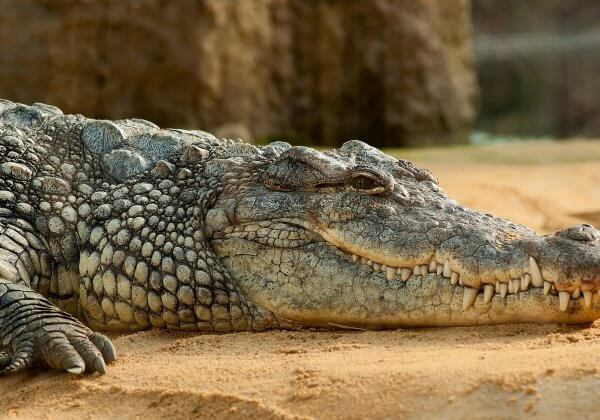Victory for Mice! The University of Adelaide Ends Forced Swim Test on Animals
Huge news! The University of Adelaide has become one of the first universities in Australia to declare that it will stop subjecting mice and other animals to the cruel forced swim test.
The milestone comes after PETA and Humane Research Australia wrote to the school because experimenters there had published about conducting the forced swim test as recently as April of this year.
View this post on Instagram
Testing on Animals Is Bad Science
The forced swim test, also known as the “despair test”, is supposed to provide insights into human depression, but scientists themselves are divided about the correct interpretation of the results. Small animals – usually mice or rats – are dosed with drugs and dropped into cylinders of water. At first, they try to escape by attempting to climb up the sides of the beakers or even diving underwater in search of an exit. They paddle furiously, desperately trying to keep their heads above water until eventually they start to float.
Some experimenters claim that animals who spend more time floating are depressed, but experts reason that floating is more likely to be an indication that animals are learning, conserving energy, and adapting to a new environment.
Forcing frantic animals to swim in an inescapable cylinder of water is both physically and psychologically abusive – not to mention completely irrelevant to human depression.
What You Can Do
Allowing such tests to continue at Australia’s institutions of higher learning would teach students nothing more than cruelty to animals. Scientists all over the world – including at top pharmaceutical companies like Pfizer, Johnson & Johnson, Bayer, AbbVie, Roche, and AstraZeneca – have banned the forced swim test after hearing from PETA and our affiliates.
We’re urging University of Melbourne, Monash University, University of Western Australia, University of South Australia, University of Queensland and Victoria University of Wellington to follow the University of Adelaide’s example by not wasting any more time or money on this test. Will you join us?








